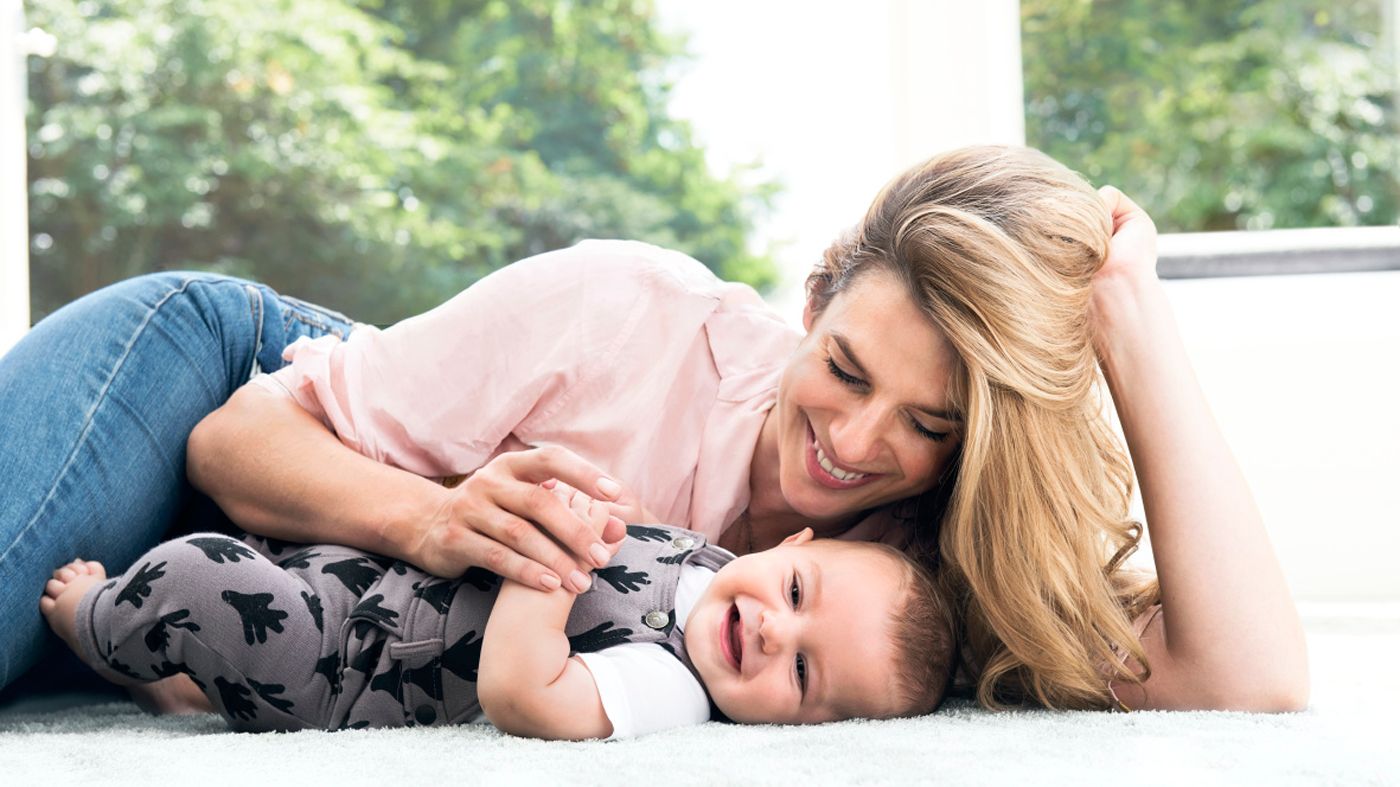Buying gifts for babies and young children can sometimes be a complicated experience. Family and friends might love to buy toys for your children, and grandparents especially often love to “spoil” their grandkids, but parents often find their choices can be a hindrance.
The reason? Family and friends often buy toys with good intentions, but end up making purchases that go against the parents’ wishes. Here are a few of the biggest mistakes that friends and family make when buying toys for your kids:
What Friends and Family Often Do When Buying a Gift for Kids
- Buy gifts that they think will be cool without considering the practical side of things. Sometimes the toys they choose are not age appropriate or contain multiple small parts that will get lost – or worse.
- Buy something because they love that toy themselves, without considering if they are a good match for the personality or interests of the child.
- Don’t think about construction time involved in putting toys together. Too many toys end up as unfinished projects and household messes.
- Don’t think about safety. Small children are not ready for toys with lots of moving parts or electric motors.
- Try to impress. The truth is that instead of spending lots of money on fancy toys, perhaps that money could have been better spent on something educational or more practical.
- Do not speak to parents first to find out if they already have that toy in the house.
- Do not think of age appropriate toys.
- Forget that kids like experiences and time not stuff. They forget that kids need unstructured, imaginative play.
Many parents would never want to appear ungrateful or rude. The truth is however, that sometimes the gift of a toy can create more hassle, fuss and hurt feelings among the children than it’s worth.
What Gifts Do Parents Not Want You to Buy
In general, do not purchase toys that:
- Require assembly. Parents have many other things to do and don’t have time for extensive toy assembly requirement.
- Make annoying repetitive noises. You will quickly discover that a talking dinosaur or car with a shrill siren is only “cute” for the first 10 minutes.
- Cannot be stored or discarded. Giant toys that cannot be easily stored, donated or discarded are not appreciated.
- Fulfil a passion yet to be developed. Don’t buy a drum set until the child really knows they want to study music and commit to practice regularly.
- Need to be fed – never give a pet as a gift!
Instead of spending money on toys that might cause more stress than they’re worth, think about some alternative gifts that will still share the joy of giving and make life better for everyone in the family.
What to Give Instead of Flashy Toys
- Your time and skill. Finding some time to spend time with the child, to share your skills and knowledge. Perhaps you can make something together.
- Your appreciation and friendship. Why not do an activity with the child that gives a chance for talking and sharing. Know the child’s favourite colour, sport, book character in order to have a great discussion
- An experiential adventure. Take the child to a 3D movie, to a campsite or kids activity without their parents
- Something precious. You could purchase an addition to a collection that the child has shown an interest in. Perhaps they collect farm animals or age appropriate Lego.
- Something classical and long lasting. What about starting a book collection and every birthday add one age relevant story to their collection.
- Something you made. Children love feeling that you are sharing something precious of yourself with them – something that you constructed, drew or made.
- Experiences rather than things. Perhaps buy a gift membership to the local zoo or art museum, or give a children’s magazine subscription
Whatever you decide to buy as a gift, whether it is a thing or an experience, talk to the parents first! Keep in mind that most children have a short attention span and are only going to be interested in any gift – no matter how extravagant – for a short amount of time. We all know that whenever you order a large size gift for young children, they usually end up playing with the shipping box. Most of the time, kids would probably prefer to spend some time with people who care about them – love is the most important gift in the end.
So before you buy a gift for children, please speak with parents about what they need. It could be something practical like a pair of shoes or a specific book or toy. Don’t guess – ask. Don’t assume that you know what the kids want; their interests and preferences might be very different from your own.
What do you think are the best kinds of toys to purchase for children under the age of 5? Do you agree with the advice given in this article? Please join the conversation, “like”, and share this article to keep the discussion going.




 KR
KR
















